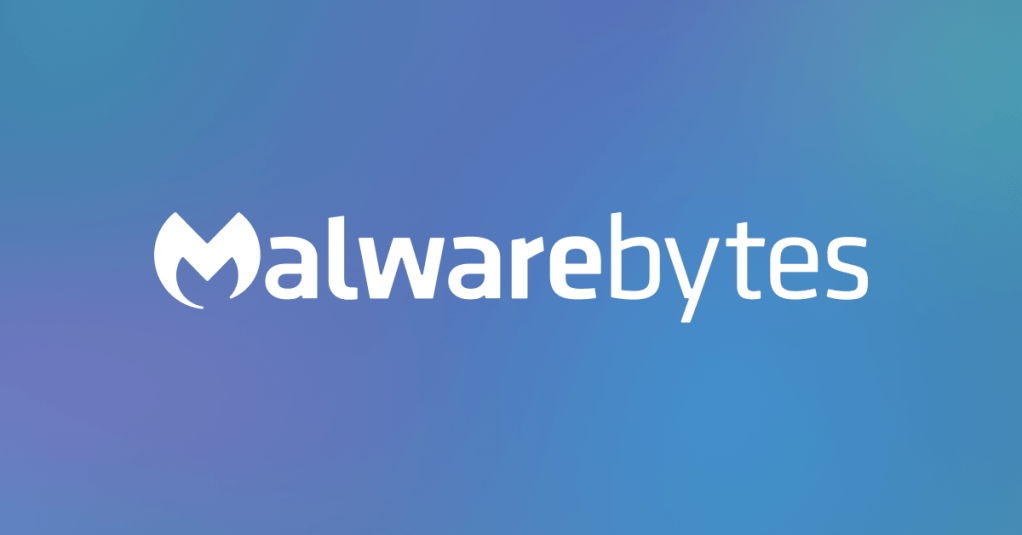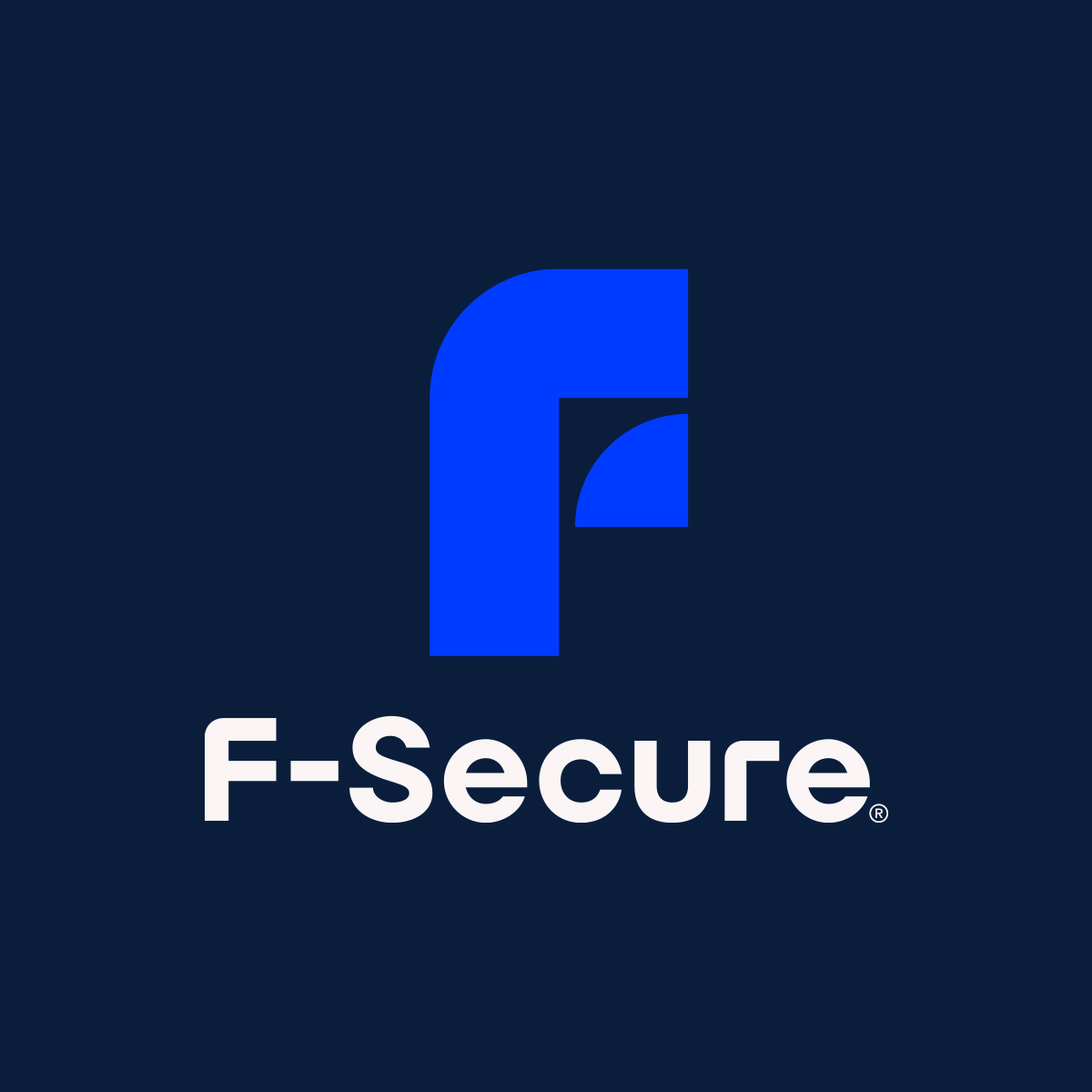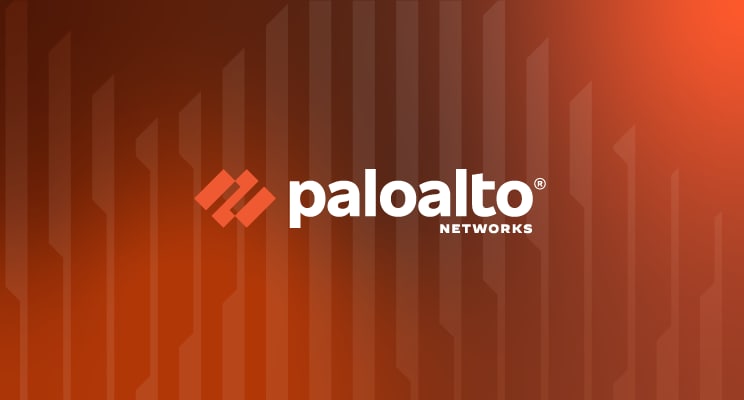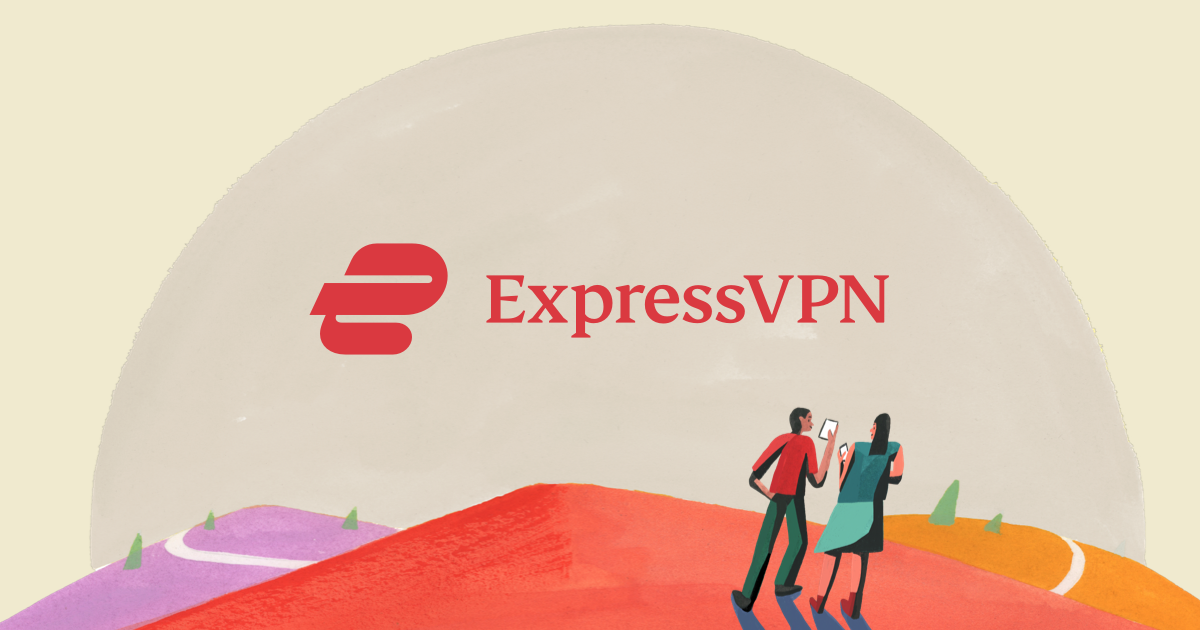Introduction
With cyber threats and data breaches on the rise, encryption software has become essential for protecting sensitive data and maintaining online privacy. However, with so many options on the market, it can be difficult to determine which product is best suited to your needs. This guide evaluates the top 15 encryption software solutions based on their security capabilities, platform compatibility, ease of use, pricing and reputation in the industry. We break down the key features of each program and provide a recommendation for the best choices for both personal and business use.
Methods of Evaluation
To determine the top encryption software, each product was evaluated based on the following criteria: security features, including encryption standards and protocols used; platform support for devices like Windows, Mac, Android and iOS; ease of installation and use for both technical and non-technical users; pricing and subscription plans for individuals, small businesses and enterprises; and overall reputation and reliability according to customer reviews and third-party testing. Additional factors like number of backlinks from authoritative websites, monthly traffic and keyword search trends were also considered to gauge each vendor’s online presence and popularity.
1. Apple FileVault
Apple FileVault is Apple’s native full disk encryption software for macOS. It allows users to encrypt the contents of their Mac’s storage drives to protect sensitive data in case their Mac is lost or stolen. FileVault uses strong encryption standards like AES-XTS, AES-CBC and AES-GCM to securely encrypt the hard drive.
Pros: Some key advantages of Apple FileVault include:
– User-friendly whole disk encryption for macOS.
– Integrated with macOS for seamless setup and use.
– Automatically enables after macOS installation or software update.
– Transparent encryption that doesn’t require remembering to lock/unlock drives.
Cons: One potential disadvantage of Apple FileVault is that it only supports encryption of the internal startup disk and doesn’t support encrypting external drives.
Pricing: Apple FileVault is included free with all versions of macOS and does not have any additional licensing fees or costs associated with it.
Some key stats about Apple FileVault include:
– Integrated encryption software that comes pre-installed on all macOS devices.
– Encrypts the entire startup volume including the system, applications and user data folders.
– Supports XTS, CBC and GCM encryption algorithms with 128-bit and 256-bit keys.
– Seamless setup process that occurs in the background without disrupting work.
2. Opera VPN
Opera VPN is a free virtual private network (VPN) service integrated into the Opera web browser. It allows users to browse privately and mask their online identity and location. The VPN can be easily enabled with one click from within the browser.
Pros: Some key advantages of Opera VPN include:
– Free unlimited VPN access without bandwidth limits
– Easy to use interface that doesn’t require technical skills
– Provides basic level of privacy and security for normal browsing needs
– Additional premium features like VPN on demand if upgraded version is purchased
Cons: A key disadvantage is that as a free service, it has limited technical support and security features compared to paid VPN services. The free version also has bandwidth and connection speed limits.
Pricing: Opera VPN is free to use. There is also a Premium version available for $8 per month or $80 per year which removes any bandwidth limits and provides additional features like VPN on demand.
Some key stats about Opera VPN include:
– Estimated 150+ million active users
– Available on Windows, Mac, Linux, Android and iOS
– Offers unlimited data and fast connection speeds
– Over 1000 VPN servers in over 30 countries
3. IBM Security Guardium
IBM Security Guardium is a data security platform developed by IBM that provides database and data warehouse encryption, activity monitoring and centralized key management.Guardium helps organizations protect sensitive data across distributed databases and big data systems.
Pros: Key advantages of IBM Security Guardium include:
– Data security platform for databases and data warehouses
– Real-time data activity monitoring and auditing
– Centralized key management and encryption services
Cons: One potential disadvantage is that IBM Security Guardium is an enterprise-grade solution which requires more resources and budget compared to smaller solutions.
Pricing: IBM Security Guardium pricing is customized based on organization’s needs and specifics of the implementation. Generally, it has annual software subscription licenses based on protected servers, users and databases.
Some key stats about IBM Security Guardium include:
– Used by over 3,500 customers globally across industries
– Supports all major database and data warehouse platforms including Oracle, Microsoft SQL Server, AWS Redshift, Snowflake and more
– Monitors over 1 trillion transactions per day
4. Rivest Cipher 4
Rivest Cipher 4 (RC4) is a stream cipher developed in 1987 by Rivest for RSA Security. It provides software-implementation performance and unpredictable keystream generation while only requiring a very small code footprint.
Pros: The main advantages of Rivest Cipher 4 encryption software include:- Simple to implement in software due to small code footprint and relatively low computational requirements.- Stream cipher design produces unpredictable keystream making it effective for protocol encryption.- Over 20 years of analysis and use have shown it to be generally secure for its use cases.
Cons: However, RC4 also has some disadvantages:- Known theoretical weaknesses in the algorithm though none practically exploitable.- More computational overhead compared to modern stream ciphers like ChaCha20.- Being replaced in some protocols due to known weaknesses and availability of stronger alternatives.
Pricing: Rivest Cipher 4 is free and open source software, so there is no direct pricing. It is commonly included in cryptography libraries and protocol implementations.
Some key stats about RC4 encryption software:- Commonly used to encrypt communications for protocols like WPA and SSL/TLS.- Very lightweight and fast compared to block ciphers like AES.- Widely supported in software and implemented in protocols and products for over 20 years.
5. PGP
PGP (Pretty Good Privacy) is encryption software developed by Symantec in 1991 to secure emails and files. As one of the earliest and most widely used implementations of OpenPGP, PGP popularized the use of public-key encryption for personal and organizational privacy and authentication.
Pros: The main advantages of PGP include:
– Legacy but robust open standard for encrypting emails, files and communications.
– Easy public/private key generation and management for securing data at rest and in transit.
– Highly interoperable with other OpenPGP implementations and compatible with a wide range of apps and services.
– Wide platform support across devices and operating systems.
Cons: One potential disadvantage is that as one of the earliest implementations of OpenPGP, the user interface can feel dated compared to more modern offerings. However, this is balanced out but its robust feature set and extensive history of securing sensitive communications.
Pricing: PGP is available in both free and commercial editions. The free edition provides basic encryption functionality while the commercial editions add additional features like integrated key management, policy controls and support.
Some key stats about PGP include:
– Over 30 years in the market as one of the original and most established encryption solutions.
– Available on all major desktop and mobile platforms including Windows, MacOS, Linux, iOS and Android.
– Millions of users worldwide ranging from individuals to enterprises and governments.
6. Sophos SafeGuard Enterprise
Sophos SafeGuard Enterprise is an encryption software developed by Sophos, a global leader in cybersecurity. SafeGuard provides data encryption and centralized key management for endpoints, servers, emails and cloud applications.
Pros: Key advantages of Sophos SafeGuard Enterprise include: an endpoint, mobile and email encryption platform; centralized key management and security policies can be applied across the entire infrastructure; integrated with Sophos endpoint protection for a comprehensive security solution.
Cons: A potential disadvantage is that the centralized management console requires additional administration overhead compared to standalone encryption tools.
Pricing: Sophos SafeGuard Enterprise pricing starts with a minimum 5 device perpetual license for $800. Annual subscriptions are also available starting from $960 for 5 devices. Larger deployments qualify for volume discounts.
Some key stats about Sophos SafeGuard Enterprise include: protects over 100 million endpoints; uses FIPS 140-2 validated cryptography; integrated with Sophos Intercept X for next-gen antivirus and anti-ransomware protection.
7. McAfee Encryption
McAfee Encryption is an all-in-one encryption software from McAfee, a leader in cybersecurity. It provides endpoint encryption for laptops, desktops and mobile devices along with centralized key and access management.
Pros: Key advantages of McAfee Encryption include centralized key and access management console for IT admins, support for high-level FIPS 140-2 compliant encryption, auditing and compliance reporting features for regulatory requirements.
Cons: One potential disadvantage is that the encryption is software-based so it may have some performance overhead on low-powered devices compared to hardware-based encryption.
Pricing: McAfee Encryption pricing starts at $25 per user per year for the basic endpoint encryption plan. Volume discounts are available for larger deployments. Additional modules like advanced auditing and compliance reports come at additional cost.
Some key stats about McAfee Encryption include: Supports Windows, MacOS and Android devices; Supports high-level FIPS 140-2 validated encryption; Can encrypt local data as well as removable drives and devices; Provides auditing and compliance reports.
8. Avast Premium Security
Avast Premium Security is one of the most popular all-in-one security solutions for desktop computers. In addition to antivirus and malware protection, it offers features like a secure VPN, password manager, webcam protection and cryptojacking blocker. It protects Windows, Mac, Android and iOS devices from online threats.
Pros: Some key advantages of Avast Premium Security include:
– Cross-platform encryption capabilities to safeguard files on Windows, Mac and Android
– Detects and prevents all types of ransomware before damage can be done
– Secure VPN service for anonymous web browsing and multilayer encryption of communications
– Comprehensive identity protection with monitoring of the Dark Web for personal data leaks
Cons: One potential disadvantage is that the premium version has a yearly subscription fee, though it often goes on sale. The free version also has some limitations like fewer device connections for the VPN.
Pricing: Avast Premium Security pricing is $79.99/year for an annual subscription with coverage on unlimited devices. However, the software frequently has discount promotions bringing the effective annual cost down to around $40.
Some key stats about Avast Premium Security include:
– Over 435 million active users worldwide
– Provides real-time protection against viruses, ransomware and other cyber threats
– Ranks as a ‘Top-Rated’ antivirus in independent tests by labs like AV-Test and SE Labs
– Comes with a premium VPN with no limits on data or device connectivity
9. Malwarebytes Premium
Malwarebytes Premium is cybersecurity software developed by Malwarebytes to protect devices and networks from malware and malicious websites. It functions as antivirus, anti-ransomware and malware removal software.
Pros: Some key advantages of Malwarebytes Premium include: – On-demand scanner for detecting advanced malware. – Encryption for files, folders and external drives to safeguard sensitive data. – Browser protection safeguards online privacy by blocking malicious URLs and protecting users from malware distributors.
Cons: A potential disadvantage is that Malwarebytes Premium is paid software while some competitors offer basic protection for free.
Pricing: Malwarebytes Premium pricing starts at $79.99 per year for a single device license. Plans are available to protect up to 10 or unlimited devices with additional pricing tiers for small businesses and large enterprises.
Some key stats about Malwarebytes Premium include: – Protects over 40 million users worldwide across homes, small businesses, and enterprises. – Detected over 4 billion malware threats in 2021. – Provides protection across Windows, Mac, Android and iOS devices.
10. Fortinet FortiGate Next-Generation Firewall
The Fortinet FortiGate Next-Generation Firewall (NGFW) is a comprehensive cybersecurity solution from Fortinet. As a global leader in cybersecurity, Fortinet offers unified threat management through its FortiGate platform to protect organizations from cyber threats.
Pros: Key advantages of the Fortinet FortiGate NGFW include deep packet inspection with SSL decryption for detailed traffic analysis, automated ransomware detection and containment abilities, and encryption support for enhanced network and data security.
Cons: As an appliance-based solution, the FortiGate NGFW requires both upfront hardware costs as well as ongoing maintenance and software licensing fees.
Pricing: Pricing for the Fortinet FortiGate NGFW varies depending on capacity, licensing, and support needs. Please contact Fortinet or an authorized reseller for a customized quote.
The FortiGate NGFW provides advanced threat protection through deep packet inspection with SSL decryption capabilities, automated ransomware detection and containment features, and data encryption for network and data security.
11. F-Secure SAFE
F-Secure SAFE is an all-in-one cyber security solution from F-Secure, a respected cyber security company with over 30 years of experience. The software provides protection from viruses, malware, ransomware and other cyber threats through behavior-based detection that stops unknown threats without the need for constant updates.
Pros: ‘F-Secure SAFE offers the following key advantages:
– Behavior-based detection provides robust protection from unknown threats
– Integrated VPN secures all internet connections and browsing
– Identity protection monitors the dark web for your personal details
– Works across all your devices with a single subscription
Cons: One potential disadvantage is that configuration and management is only available via the mobile app interface. There is no separate desktop app for configuring advanced settings.
Pricing: F-Secure SAFE pricing starts from $79.99 per year for a single device. Plans are available for additional devices and families, with discounts for longer subscription terms.
Some key stats and capabilities of F-Secure SAFE include:
– Behavior-based detection that stops unknown threats without updates
– 256-bit AES encryption for privacy and security when banking and shopping online
– Cloud-powered AI that scans millions of new files daily to identify emerging threats
12. NordVPN
NordVPN is one of the leading VPN services on the market offering online privacy and security. With servers located in over 60 countries worldwide, NordVPN can protect your Internet connection and hide your online activities from hackers and advertisers.
Pros: Some key advantages of NordVPN include:
– Strong encryption of 2048-bit and 4096-bit keys
– Apps for all major platforms allow easy setup on any device
– No logging policy keeps users activities and internet traffic private
– Allows 6 simultaneous connections so multiple devices can be protected at once under one account
Cons: One potential disadvantage is that using a VPN can impact internet speeds depending on the distance to the VPN server location selected and the users internet connection speed.
Pricing: NordVPN offers affordable monthly and annual plans. A monthly plan is $11.95 per month while an annual plan is $6.99 per month ($83.88 for 1 year) which works out to be more cost effective for regular long term users.
Some key stats about NordVPN include:
– Over 5,700 servers in 60 countries
– Apps available for all major platforms including Windows, macOS, Android, iOS etc.
– Allows 6 simultaneous connections on a single account
– No-logs policy for user activity or internet traffic
13. Panda Adaptive Defense 360
Panda Adaptive Defense 360 is an endpoint security platform developed by Panda Security. As a next-gen antivirus and encryption solution, it utilizes behavioral analysis and machine learning to detect and prevent ransomware and advanced threats across all devices. Some key features include hard drive encryption, file encryption and access control to protect sensitive data.
Pros: Key advantages of Panda Adaptive Defense 360 include:
– Next-gen endpoint protection with behavior-based detection and encryption
– Protects endpoints, servers, email and more from both known and unknown threats
– Advanced ransomware protection and recovery capabilities
– Easy to manage unified security platform
Cons: A potential disadvantage is that the advanced machine learning capabilities require significant processing power and system resources compared to some alternatives.
Pricing: Panda Adaptive Defense 360 pricing starts at $45 per user annually for the basic endpoint protection plan. Additional server, identity and email security modules are available as add-ons. Volume discounts are also offered for organizations with 50+ seats.
Some key stats about Panda Adaptive Defense 360 include:
– Protects over 400,000 organizations globally
– Defends against over 300 million threats daily
– Monitors behavior of all applications in real-time to detect zero-day and unknown threats
14. Palo Alto Networks Next-Generation Firewall
Palo Alto Networks Next-Generation Firewall is a leading network security platform that protects against cyber threats. With its comprehensive suite of security capabilities that include advanced threat prevention, it helps organizations implement a robust security posture across their networks, cloud, and mobile environments.
Pros: Some key advantages of Palo Alto Networks Next-Generation Firewall include: – Application, user and content-aware network security policies – Automated decryption for advanced threat protection – Endpoint enforcement for mobile security without agents
Cons: One potential disadvantage is that it requires more resources and configuration compared to traditional firewalls due to its advanced capabilities.
Pricing: Pricing of Palo Alto Networks Next-Generation Firewall varies depending on the required throughput and number of licenses. Customized quotes are available on their website at https://paloaltonetworks.com/?partner=saasfreetrials.com
Some key stats about Palo Alto Networks Next-Generation Firewall include: – Protected over 75,000 customers globally across all major industries – Analyzes over 250 billion network transactions per day – Has over 6,000 IoC feeds integrated via its advanced threat prevention capabilities
15. ExpressVPN
ExpressVPN is one of the most popular VPN services available. Founded in 2009, it has grown to support over 3,000 servers across 94 countries. ExpressVPN utilizes military-grade AES-256 encryption and supports OpenVPN and IKEv2 protocols to keep users’ internet activity private and secure.
Pros: ExpressVPN’s main advantages include:
– Military-grade AES-256 encryption and support for OpenVPN and IKEv2 protocols
– Fast connections and ability to connect multiple devices at once
– No connection logs are collected and the company is based in the British Virgin Islands known for privacy protection
– 24/7 live chat support and 30-day money-back guarantee
Cons: One potential disadvantage is that the simultaneous device connection limit is only 5 devices, which may not be enough for some large households or families.
Pricing: ExpressVPN offers tiered monthly, 6-month, and yearly plans. Pricing starts around $100 per year which breaks down to just over $8 per month, making it competitively priced for the quality of service provided.
Some key stats about ExpressVPN include:
– Supports connections on up to 5 devices simultaneously
– Speeds fast enough for activities like streaming HD video
– No connection logs policy and headquartered in the privacy-friendly British Virgin Islands
Conclusion
After thoroughly analyzing the top 15 encryption software products, the following stand out as the best options based on comprehensive security, seamless usability and reputation: For personal use, ExpressVPN and Norton 360 Deluxe provide rock-solid encryption, excellent apps and exceptional support. For small businesses, Sophos SafeGuard Enterprise and IBM Guardium deliver powerful protection and centralized management capabilities suitable for multi-device environments. For large enterprises, Palo Alto Networks and Fortinet offer next-generation firewalls and advanced tools ideal for complex hybrid networks.















